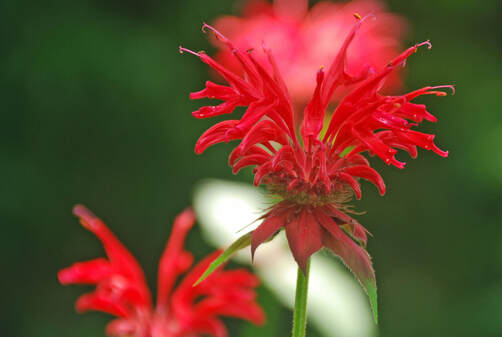This year Monarda is one of the 2021 National Garden Bureau’s featured plants, and a great choice for your garden too! A Native Species, Monarda has a long medicinal herbal history that Native tribes taught early settlers to utilize. Bee Balm, Monarda’s common name, I am certain came to be due to its ability soothe bee stings, other medicinal uses included treating chills and fever all information shared with early settlers from Native Americans. Monarda Species as described below is from the National Garden Bureau website: www.ngb.org:
New Varieties include:
Generally speaking neither the deer nor the rabbits seem to bother with Monarda….but there is always that ONE (Peter Rabbit comes to mind) that will be the exception. I hope you have a sunny spot to add this beautiful and unique pollinator to your collection. Happy gardening. Author: Jill Fries, UW-Extension Master Gardener Volunteer
0 Comments
Leave a Reply. |
|
| North Country MGV | gARDEN bLOGS |
Location |
|

 RSS Feed
RSS Feed